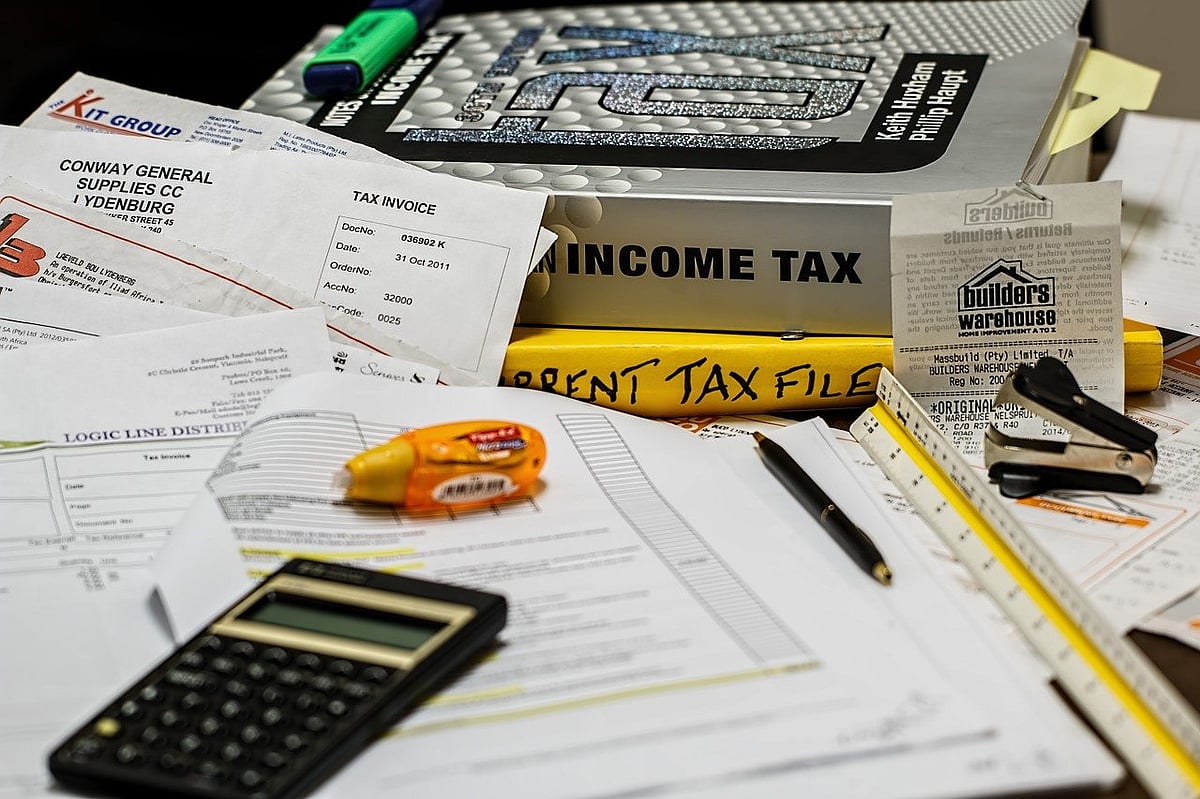Amid the coronavirus outbreak, we are all aware that the several businesses have been severely hit with many even shutting down. And not to forget the plight of scores of migrant workers who have lost their jobs amid all the businesses being closed.
Yes, it is important for the government to take necessary steps to revive the economy at the moment along with ensuring that the virus is completely contained. Ofcourse, to revive the economy, businesses need to start operating again but it is important to keep in mind the spread of the virus in various states like Maharashtra, Delhi, etc where businesses are carried out on a large scale. But considering the increase in number of cases in these states, it looks like the restrictions won't be relaxed soon.
So now, Indian Revenue Service (IRS) officers have written to Modi government and shared some tips to revive the economy amid such trying times.
In a policy paper-cum- recommendation titled "Fiscal Options and Response to COVID-19 Epidemic (FORCE)" presented to the PMO and Finace Ministry, the IRS officers have said that the Government needs to spend considerably more to revive the economy; and b) it needs to raise additional revenue, but in ways that must not burden the already distressed common man.
The Indian Revenue Service Association (IRSA) has suggested the imposition of wealth tax on the super rich, with net wealth at least Rs 5 crore and a one-time COVID relief cess of 4 per cent.
The tax officers' body said they can be taxed through two alternative means, for a limited, fixed period -- 3-6 months. It noted that the super rich enjoy a higher capacity to pay with significantly higher levels of disposable incomes compared with the rest. Also, they have a higher stake in ensuring the economy springs back into action, and their current levels of wealth itself is a product of the social contract between the state and its citizens.
It suggested raising the highest slab rate to 40 per cent for total income levels above a minimum threshold of Rs 1 crore or re-introduction of the wealth tax for those with net wealth of Rs 5 crores or more.
"Most high-income earners still have the luxury of working from home, and the wealthy can fall back upon their wealth to cope with the temporary shock. In view of several European economists, taxing the wealthy would be the most 'progressive fiscal tool', as wealth is far more concentrated than income and consumption," it said.
Suggesting the impostion a one-time COVID relief cess, the IRSA said as opposed to surcharges, cess are more broad-based since they relevied on every taxpayer and are likely to mobilize more revenue as well.
The current rate of cess is 4 per cent, including 2 per cent health cess and 2 per cent education cess.
"Thus, an additional one-time cess of 4 per cent on account of COVID Relief (could be called COVID Relief Cess) could help finance capital investment in COVID Relief work," it said.
As per IRSA, the extra revenue mobilised through the additional cess could be between Rs 15,000-18,000 crore.
It, however, said that to mitigate the extra hardship on the middle class, the cess may be made applicable only in cases where the taxable income is greater than Rs 10 lakh.
The report also suggested increasing the surcharge applicable to the higher income foreign companies having a branch office or permanent establishment in India.
It said the surcharge has not been revised for some time now, and with companies operating in India and deriving profits through their PEs, it is time that a flourishing market like India with its huge prospects flexes its customer-base muscle.
The tax incentives for CSR should be extended at the time of national disaster, it said. Those companies who are undertaking the COVID relief activities under CSR should be allowed to claim as expenditure incurred for the purpose of business deduction section 37 for FY 2020-21 only.
This incentive helps in mobilizing CSR funds for the disaster management, the report said.




